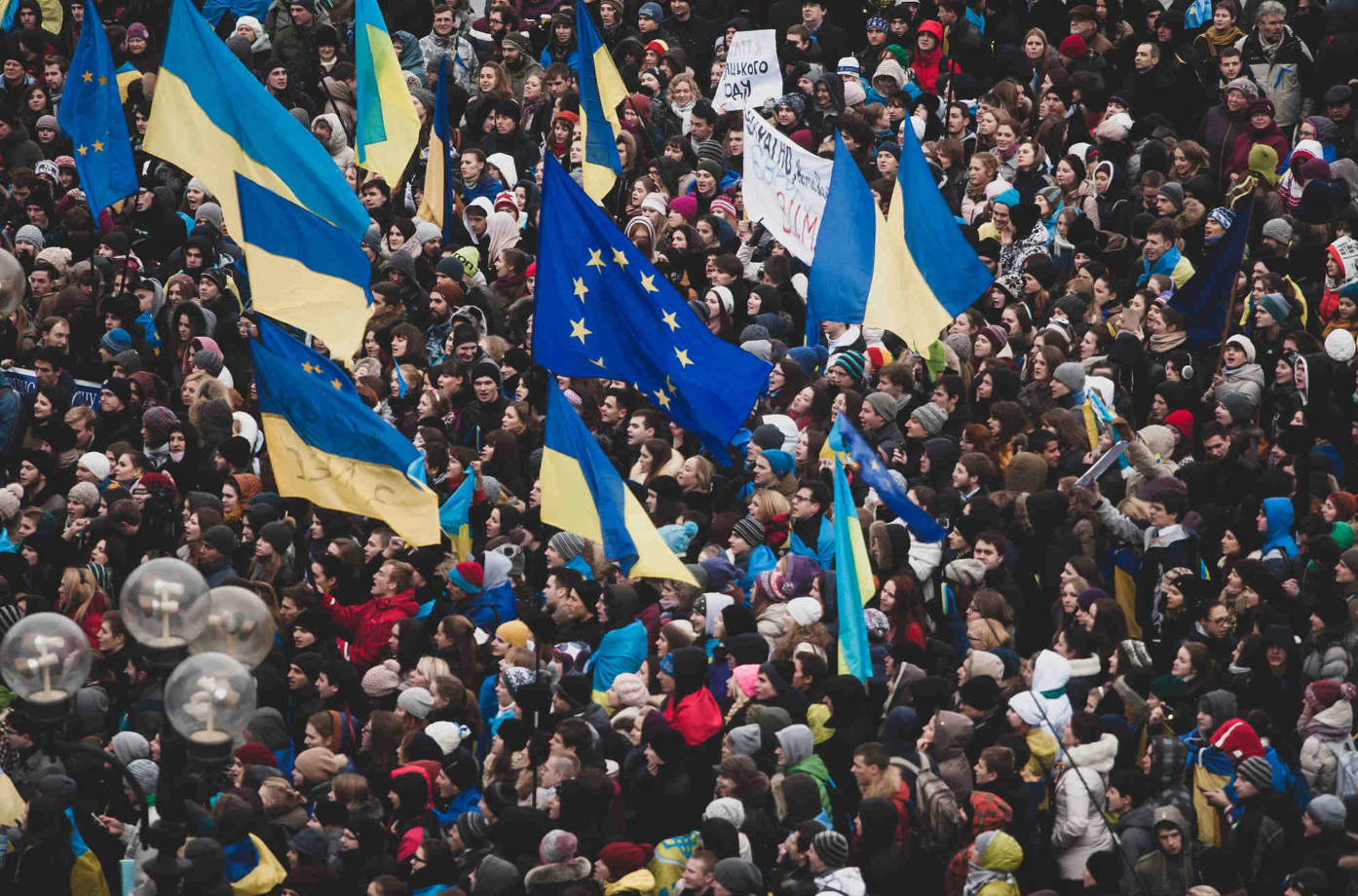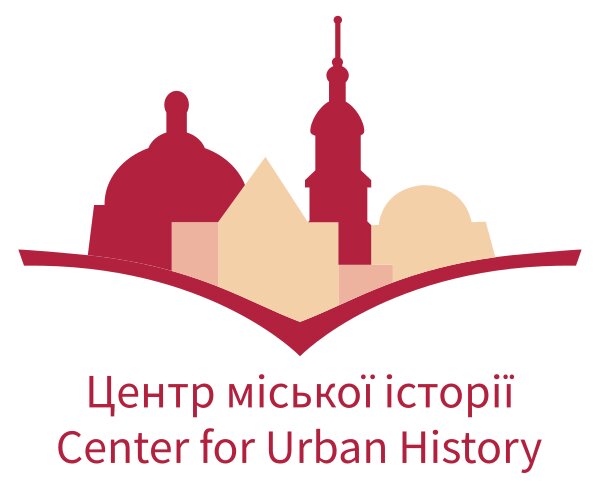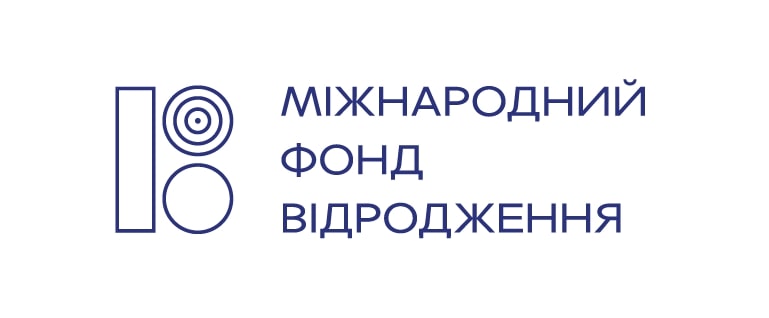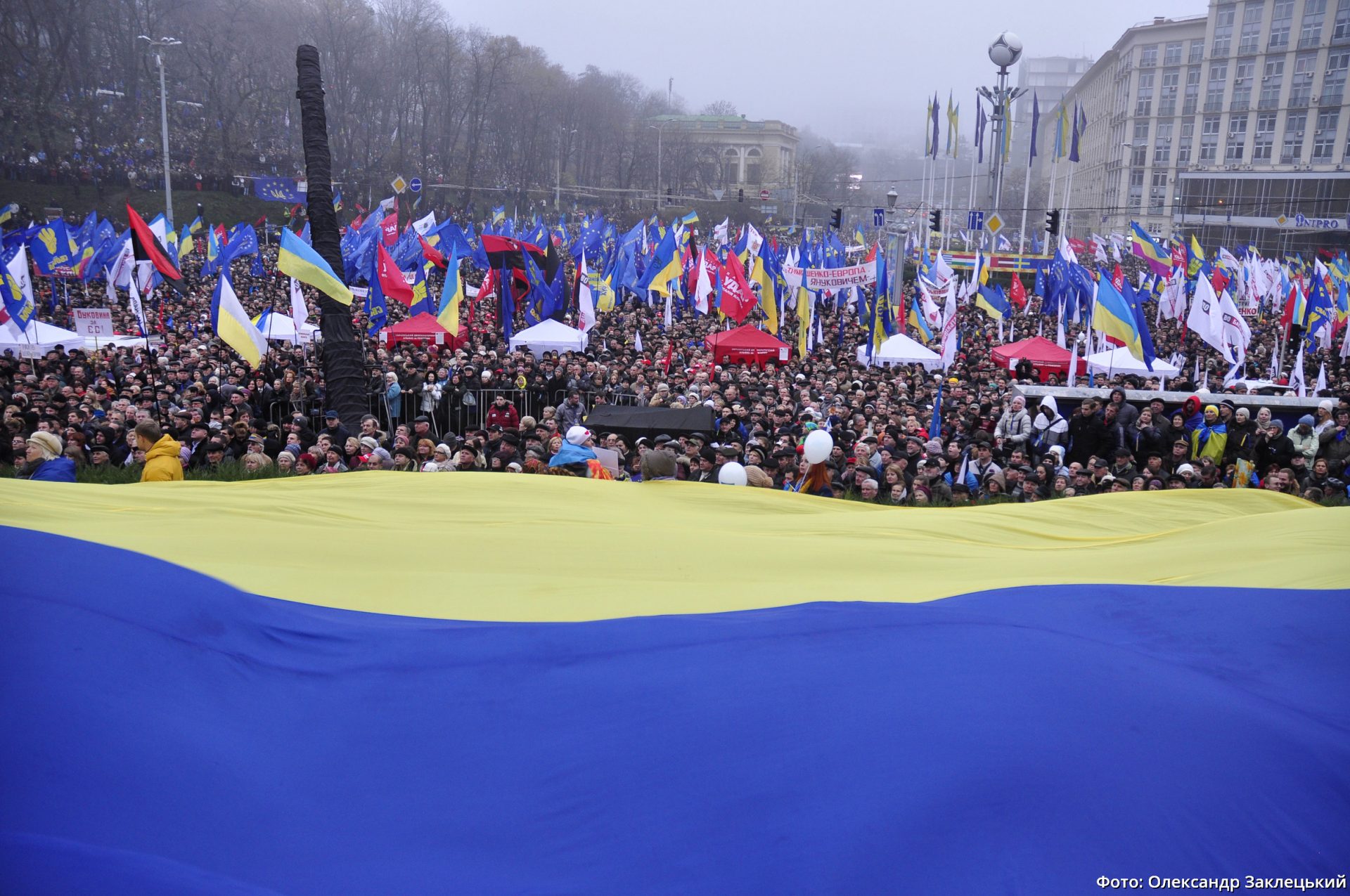The Voices of Euromaidan in Global Protest and Solidarity Studies
20.2.2023
In February 2023, the Center's project "The Voices of Euromaidan in Global Protest and Solidarity Studies" received a grant from the Ukrainian Institute as part of the Lysiak-Rudnytskyi Ukrainian Studies Support Program.
For us today, the experience of the Revolution of Dignity, in particular, has become crucial in the realization of our subjectivity and democratic values. In the tenth year of Russian aggression, the academic community is once again returning to the analysis of events that proved the capacity of Ukrainian society and became a model for further self-organization and building effective horizontal relations.
The project "The Voices of Euromaidan in Global Protest and Solidarity Studies" is centered on the processed and thematically organized materials from the collection of oral history interviews "Voices of Resistance and Hope" that were collected in December 2013 – February 2014 in Lviv, Kyiv, and Kharkiv. This collection has the unique potential to improve understanding of the individual in the Euromaidan protests — the beliefs, attitudes, motivations, and functions of individuals — because these categories are usually lost in analyses of the protests as a collective action.
Our goal is to translate the collection's materials into English and make them available on the Urban Media Archive of the Center for Urban History. These materials will become important sources for the researchers who study and teach the history of Ukraine, democratic development of Ukraine after 1991; revolutions and wars, in particular, the Revolution of Dignity and the Russian-Ukrainian war from 2014 to the present; history and socio-political processes after the collapse of the USSR; protest movements, activism, solidarity from the perspective of political science, sociology, and anthropology; urban studies with a focus on the role of space in revolutions and protest movements. We hope that this collection will be useful and visible for journalists of international media specializing in Ukraine and the region, authors and writers, artists, and students who are interested in the topic of protest and democratic movements.
The oral history collection began in 2013, a few weeks after people went out on the streets across Ukraine to protest the decision not to sign the European Union-Ukraine Association Agreement for closer political and economic ties with Russia and the brutal dispersal and beating of the first protesters in Kyiv. The interviews were collected in two stages — in December 2013 and February 2014. The value of this methodology lies in the fact that it allows us to look into the personal reality of being "here and now" and to understand at least a little bit what it was like to live and what it meant to be a protester on the Maidan, shows changes and developments in the situation from the point of view of participants at different times and in different places — and this includes more than 100 interviews.
Based on these interviews was created the database "Intimate Chronologies of the Euromaidan" by Hana Yostitsova, a researcher at the University of Birmingham, in collaboration with Dr. Natalia Otrishchenko, a sociologist and researcher at the Center for Urban History. The database offers a range of long and detailed descriptions-quotes from a collection of interviews that show personal experiences of the protests and are at the same time generalized.
The project is planned to be implemented by June 2023.
Lysiak-Rudnytsky Ukrainian Studies Programme
Long-term program to support Ukrainian studies projects for educational, scientific, cultural institutions and analytical centers within the framework of the Ukrainian Institute. The program aims to deepen the knowledge and understanding of Ukraine and its cultural heritage among various foreign audiences; promote the growth of expert knowledge about Ukraine; facilitate new research in the field of Ukrainian studies and increase the visibility of existing ones; strengthen intercultural and scientific communication; and expand the use of digital technologies in the humanities.
The project is a part of the Lysiak-Rudnytsky Ukrainian Studies Programme held by the Ukrainian Institute and Ilko Kucheriv Democratic Initiatives Foundation with financial support of the International Renaissance Foundation.
Credits
Cover Image: maidan100.reporters.media / Viacheslav Ratynskyi





